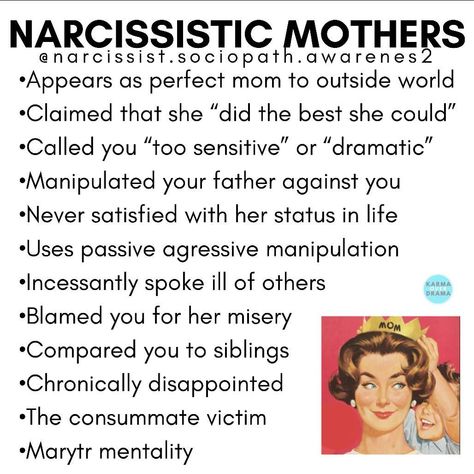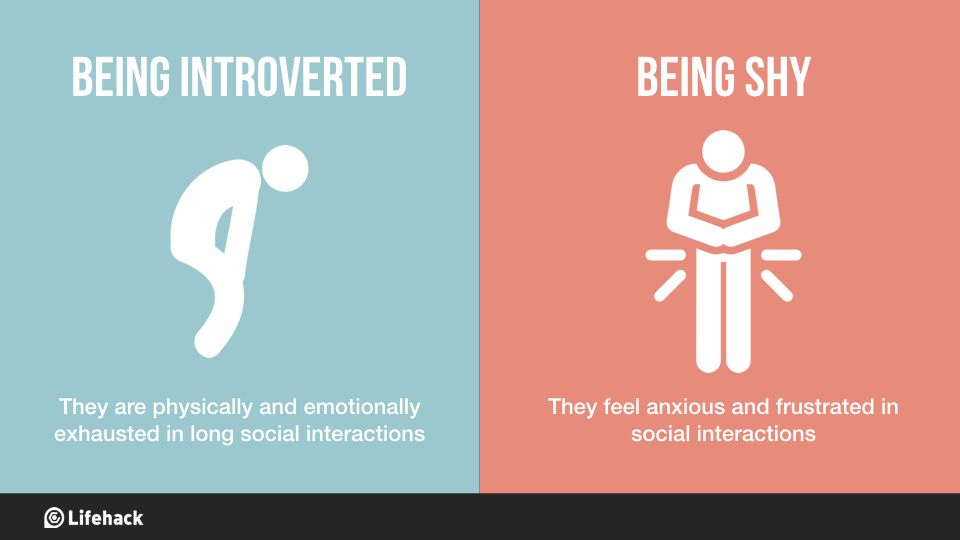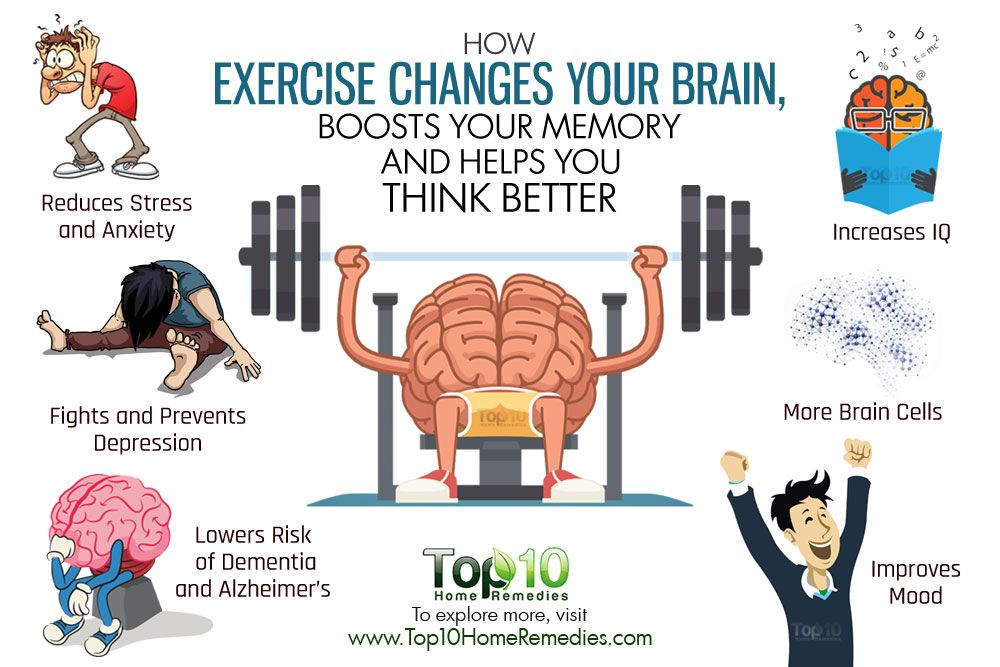6 question adhd test
Six Question Test to Diagnose Adult ADHD
Attention-deficit hyperactivity disorder, or ADHD, is not just a problem for kids—the symptoms can persist well into adulthood. And more and more adults are affected by it: Between 2008 and 2012, the number of American adults taking medication for ADHD jumped by 53 percent, according to a report from Express Scripts.
In many cases, adult ADHD can be hard to peg down, oftentimes because the symptoms of adult ADHD aren’t as clear as those facing kids. As a result, many adults with the condition miss out on diagnosis—and the treatment they need to keep the difficulty paying attention and impulsivity in the check.
But now, doctors may be able to streamline the diagnosis process: A simple, six-question screening scale may reliably detect ADHD in adults, according to new research in JAMA Psychiatry.
The test, which was created by a World Health Organization advisory group along with two independent board-certified psychiatrists, is based on updated ADHD criteria published in Diagnostic and Statistical Manual of Mental Disorders-5. The new criteria are broader than the earlier version, so prior tests based on that may end up missing many adults who actually have ADHD.
The new ADHD screening test includes the six following questions:
- How often do you have difficulty concentrating on what people say to you, even when they are speaking to you directly?
- How often do you leave your seat in meetings or other situations in which you are expected to remain seated?
- How often do you have difficulty unwinding and relaxing when you have time to yourself?
- When you’re in a conversation, how often do you find yourself finishing the sentences of the people you are talking to before they can finish them themselves?
- How often do you put things off until the last minute?
- How often do you depend on others to keep your life in order and attend to details?
Possible responses for each include “never,” “rarely,” “sometimes,” “often,” and “very often. ” Each “never” response gets a score of 0, while scores for higher responses vary, adding up to a possible maximum of 24. A score of 14 or higher would likely be preferred for screening purposes, the researchers write.
” Each “never” response gets a score of 0, while scores for higher responses vary, adding up to a possible maximum of 24. A score of 14 or higher would likely be preferred for screening purposes, the researchers write.
This revised screening tool is important: If it’s used clinically at the primary care level, doctors—whose time with each patient is limited—may be able to quickly screen for ADHD, and then based on the results, possibly send on the patient for further psychological evaluation, or even prescribe meds themselves, NPR reports.
The study also determined that adult ADHD is a bigger problem than experts once thought: About 8 percent of the people tested met the criteria for the disorder, which is nearly double the rate of ADHD prevalence estimated back in 2006.
If you find yourself scoring high on those six questions—or if you fit the bill for these 10 surprising habits that may point to adult ADHD—make an appointment with your doctor. If you do have ADHD, treatment options include medications, counseling, or a combination of both.
If you do have ADHD, treatment options include medications, counseling, or a combination of both.
Christa Sgobba
For nearly 10 years, Christa has created health, fitness, nutrition, and wellness content that’s steeped in science but engaging enough that people actually want to read it. She’s tuned in to all the latest research that people with an athletic lifestyle need to know, and prides herself on helping her readers apply it to their everyday lives.
Do I Have ADHD? Take Our ADHD Quiz to Screen for Symptoms
Answer the quiz questions below to see if you have symptoms of attention deficit hyperactivity disorder (ADHD).
Medical ReviewerBarton Herskovitz, MD
Who Is This ADHD Quiz For?
This simple assessment is for adults who think they may have symptoms of attention deficit hyperactivity disorder (ADHD).
Below is a list of questions that relate to life experiences common among people who have been diagnosed with ADD/ADHD.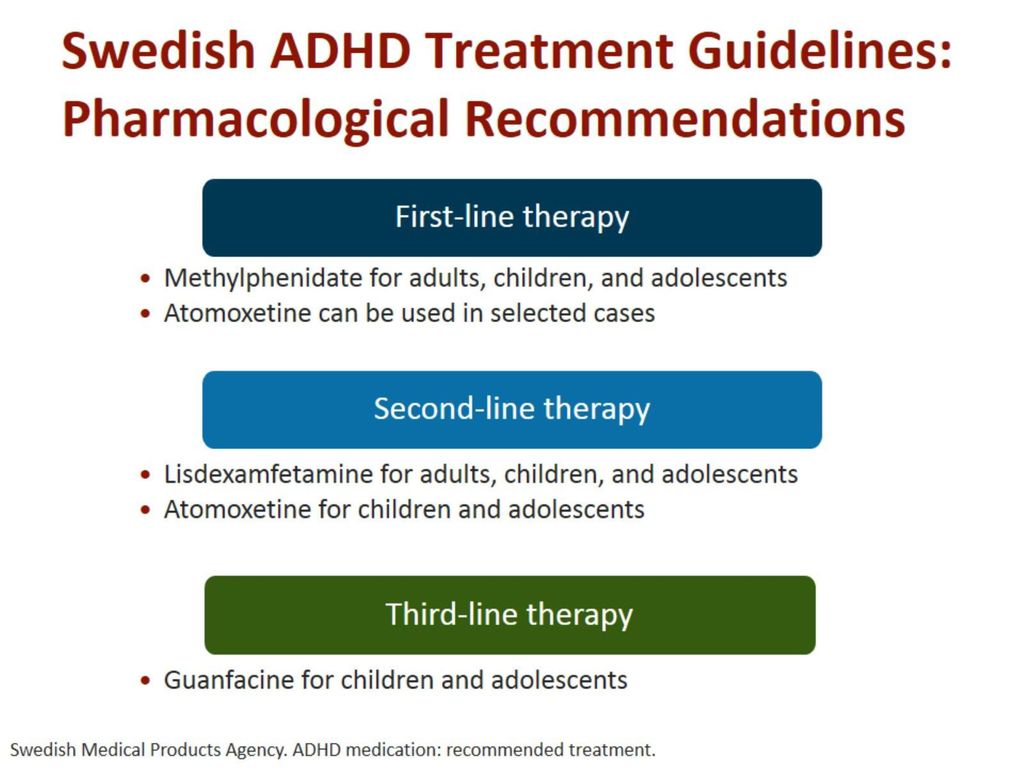 Please read each question carefully, and indicate how often you have experienced the same or similar challenges in the past few months.
Please read each question carefully, and indicate how often you have experienced the same or similar challenges in the past few months.
How Accurate Is It?
This quiz is NOT a diagnostic tool. Mental health disorders can only be diagnosed by qualified mental health professionals.
Psycom believes assessments can be a valuable first step toward getting treatment. All too often people stop short of seeking help out of fear their concerns aren't legitimate or severe enough to warrant professional intervention.
How Is ADHD Treated?
Treatment for adult ADHD typically involves medication, psychotherapy, and/or psychoeducation. There is no cure for ADHD, but a combination of these treatments can effectively reduce symptoms and improve work and home life.
Your privacy is important to us. All results are completely anonymous.
Alchemer is an advanced survey platform for professionals. scalable. secure. integrated. Please take my survey now
ADHD FAQs
I thought ADHD was only in kids. How many adults have ADHD?
How many adults have ADHD?
Attention deficit hyperactivity disorder or ADHD is primarily diagnosed in children ages 4–17 but according to the National Institute of Mental Health, an estimated 4.4% of adults aged 18-44 have ADHD. ADHD is a neurological disorder present from birth and has a strong genetic component. If your symptoms are being caused by ADHD, they may have been present but not noticed in childhood. Many parents of children with ADHD are diagnosed when their child starts to struggle at school and are referred to a specialist.
Is ADHD a mental illness?
ADHD is a neurological condition. While it technically falls under the umbrella of mental illnesses most practitioners see it as a behavior disorder rather than a mental illness. ADHD is associated with behavior problems caused by working memory and executive functioning deficits (i.e. the ability to plan and be organized). It also commonly co-occurs with mental illnesses including bipolar disorder, social anxiety disorder, substance use disorder, and learning disabilities.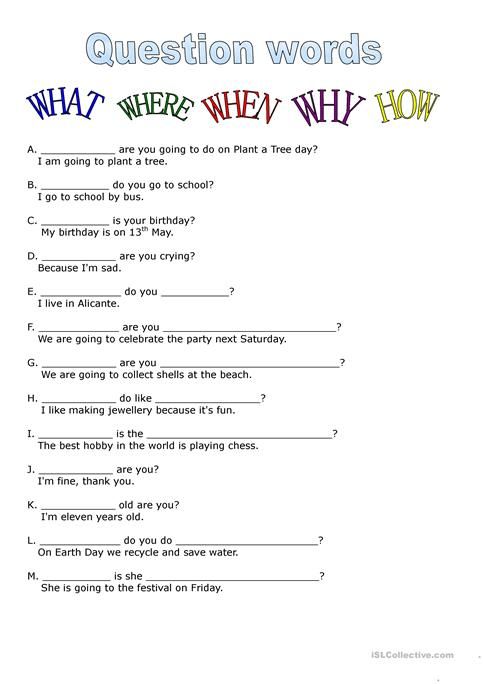 Another term that is gaining acceptance that may more accurately describe ADHD is neurodiversity. Neurodiversity is a term that describes people who think and learn differently.
Another term that is gaining acceptance that may more accurately describe ADHD is neurodiversity. Neurodiversity is a term that describes people who think and learn differently.
What is ADD behavior?
Attention Deficit Disorder (ADD) is one of the three subtypes of attention deficit hyperactivity disorder (ADHD) and is no longer an acceptable acronym (in the clinical sense). Today it is referred to as ADHD predominantly inattentive type. While it has many overlapping symptoms, ADHD predominantly inattentive type lacks the hyperactivity piece but includes distractibility, impulsivity, trouble focusing (unless it’s something you find very interesting), and executive functioning challenges, meaning you have trouble planning, following instructions, and being organized.
Is it possible to have a successful life when you have ADHD?
Absolutely. Many people with ADHD thrive and often it’s because of (not despite) their ADHD symptoms. People with ADHD in business are known to be strategic, outside-the-box thinkers who have an enviable ability to handle many different tasks.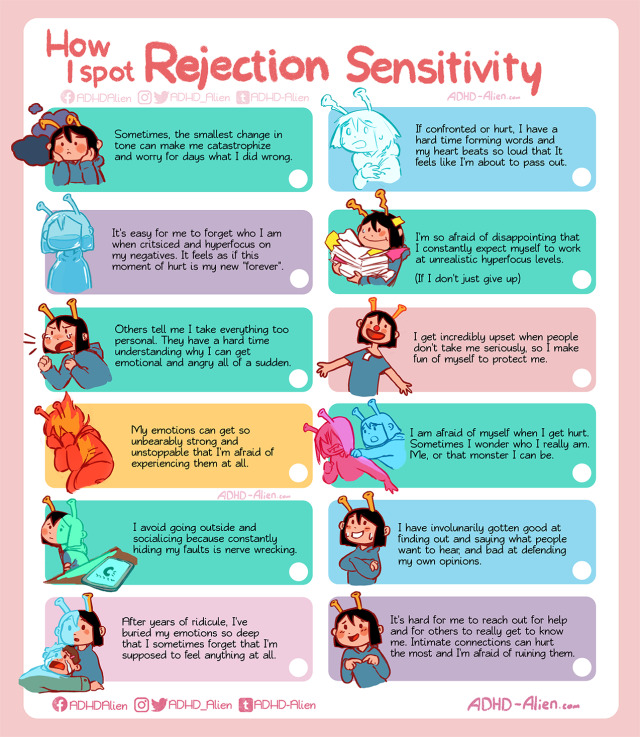 People with ADHD are often very creative and have a unique ability to make connections others fail to see. Celebrities like swimmer Michael Phelps, Will Smith, Justin Timberlake, Emma Watson, and Zooey Deschanel all have ADHD.
People with ADHD are often very creative and have a unique ability to make connections others fail to see. Celebrities like swimmer Michael Phelps, Will Smith, Justin Timberlake, Emma Watson, and Zooey Deschanel all have ADHD.
Is ADHD something you can develop as an adult?
No, if you are experiencing symptoms of ADHD as an adult you had it in childhood and either found ways to work around your difficulties or had mild enough symptoms they were overlooked. This is especially true in women/girls females who often manifest their symptoms by turning inward and keeping their problems hidden. They also typically lack the hyperactive component. It's important to note that depression, anxiety, and some mood disorder can resemble ADHD so it's important to rule out those causes of your symptoms. Research shows that ADHD is largely hereditary so if you have a child diagnosed with ADHD, you or the child’s father may have it as well. Untreated ADHD can strain relationships and contribute to other challenges so if you suspect you have ADHD seek the guidance of a licensed mental health care provider.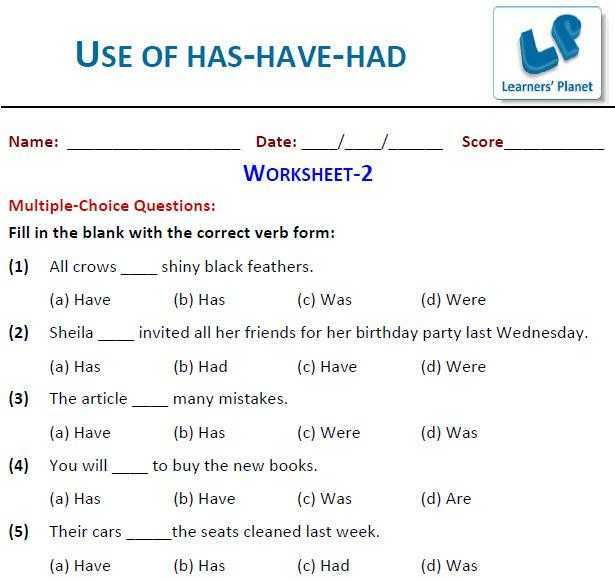
How accurate is this ADHD quiz and what do I do with the results?
This online assessment is not a diagnostic tool. Only a licensed mental health provider or doctor can properly diagnose ADHD. You can use the results of this ADHD test as a way to start a conversation with a partner, relative, therapist, or medical doctor.
Who can diagnosis ADHD?
ADHD cannot be diagnosed by a blood test. Share your symptoms with your doctor who can conduct a physical exam, review your medical history, and rule out other causes of your symptoms. You may be referred to an ADHD specialist for further testing after an initial consultation with your doctor.
What if I do not have insurance and/or can't afford a doctor to diagnose and treat me for ADHD?
Research has shown that interacting with others that share similar challenges can be a helpful source of knowledge, camaraderie, and effective coping strategies. Connect with support groups online through reputable organizations like CHADD (Children and Adults with Attention Deficit Hyperactivity Disorder) and NAMI (the National Alliance on Mental Illness). Apps can also be a helpful tool. Many are designed to help you cope with related anxiety, stress, insomnia, and organizational challenges. For a list of mental health apps visit https://www.psycom.net/25-best-mental-health-apps
Apps can also be a helpful tool. Many are designed to help you cope with related anxiety, stress, insomnia, and organizational challenges. For a list of mental health apps visit https://www.psycom.net/25-best-mental-health-apps
Notes: This article was originally published December 30, 2021 and most recently updated June 28, 2022.
ADD(H) test for adults
Authorization
Forgot password
Remember me
Register now
The SDVG.LIFE website is a continuation of the book and therefore new materials must meet the same standards as the book.
Hence the rules for discussion participants:
- - Civilized intellectual communication
- - No personal attacks
- - No policy
Pre-moderation has been introduced for the first few posts.
Welcome!
Create account
Adult ADHD Test
Test for ADD(H) for adolescents and adults 17 years of age and older, in accordance with the methodology of the American DSM-V guide.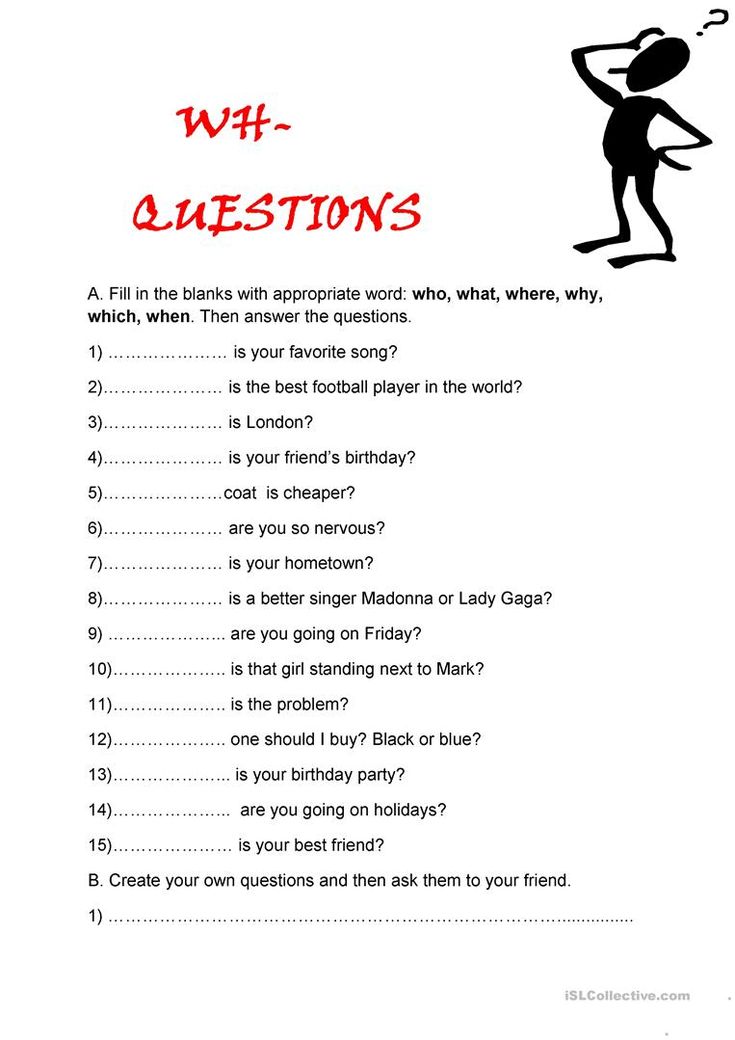
Number of questions: 18 .
For more information, see the article from the Notes.
...
To answer "Yes", the symptom must be:
- Stable during the last 6 months .
- Was expressed in measure not corresponding to the level of development .
- Had a negative impact on academic performance and/or professional activities .
...
The test is provided for informational purposes and is not intended to diagnose any disease.
Consult a doctor for diagnosis.
...
1
Often makes nervous movements with the hands or feet, or fidgets and wriggles while sitting in a chair.
Yes
No
2
Often interrupts or annoys others.
For example, breaks into conversation, games or activities without invitation; can use other people's things without asking; for teenagers or adults - they can interfere with someone else's work or continue someone else's work themselves.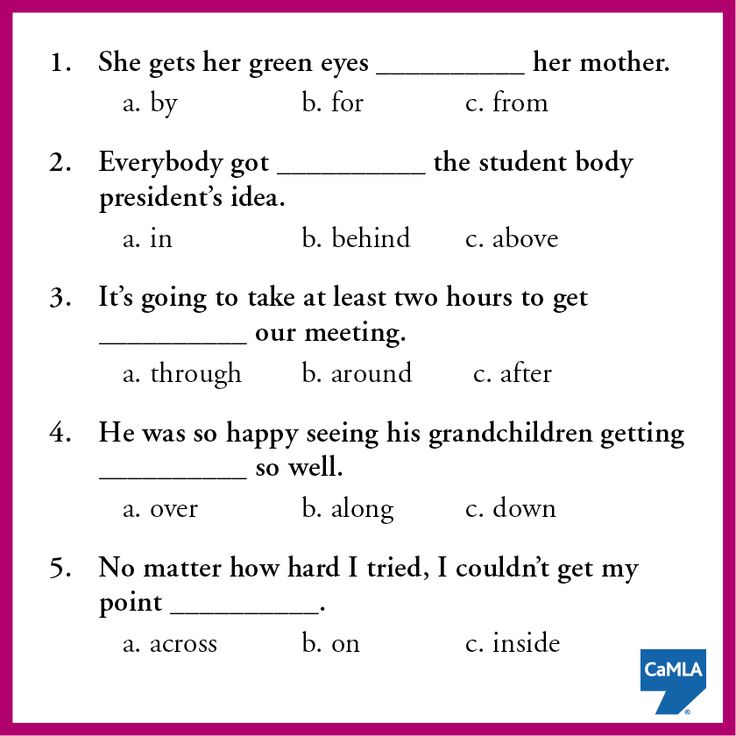
Yes
No
3
Often has difficulty waiting in line.
For example, in the shop or at the game.
Yes
No
4
Often blurts out an answer before the question has been fully asked.
For example, completes sentences when others are speaking; cannot wait for their turn to join the conversation.
Yes
No
5
Often too talkative.
Yes
No
6
It is often in constant motion and behaves as if a motor was attached to it.
For example, absolutely unable or unable to stay comfortably in one place in restaurants or meetings; perhaps people around him consider him a restless person or a person with whom it is difficult to deal with.
Yes
No
7
Often finds it difficult to play or spend leisure time quietly.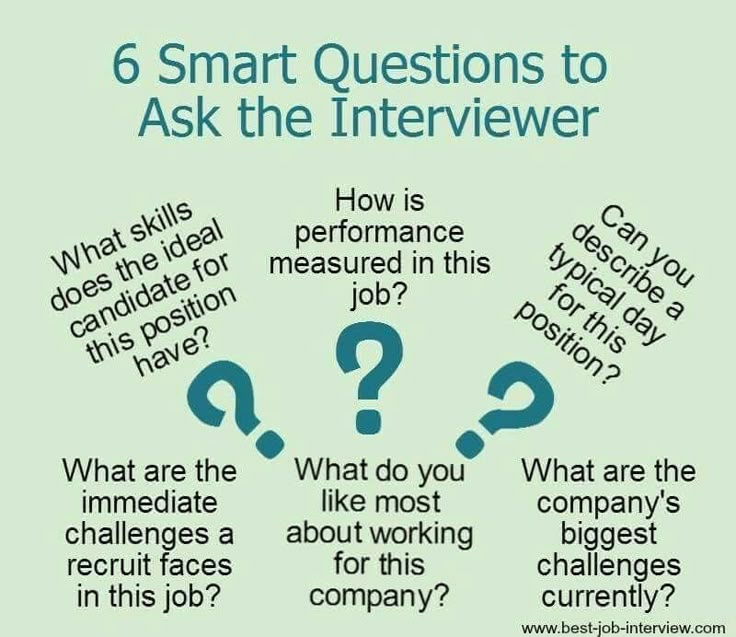
Yes
No
8
Often runs back and forth without restraint or climbs in situations where this is unacceptable.
Note: Teenagers and adults may not be running, jumping or climbing, but may be restless and out of sorts.
Yes
No
9
Often leaves his seat in class or in other situations where the person is expected to be seated.
For example, leaving one's seat in a classroom, in an office or other place of work, or in other situations where one is expected to be seated.
Yes
No
10
Often fails to pay due attention to details or makes careless mistakes in schoolwork, work, and other activities.
For example, does not notice or misses details, the work is done inaccurately.
Yes
No
eleven
Often forgetful in daily activities.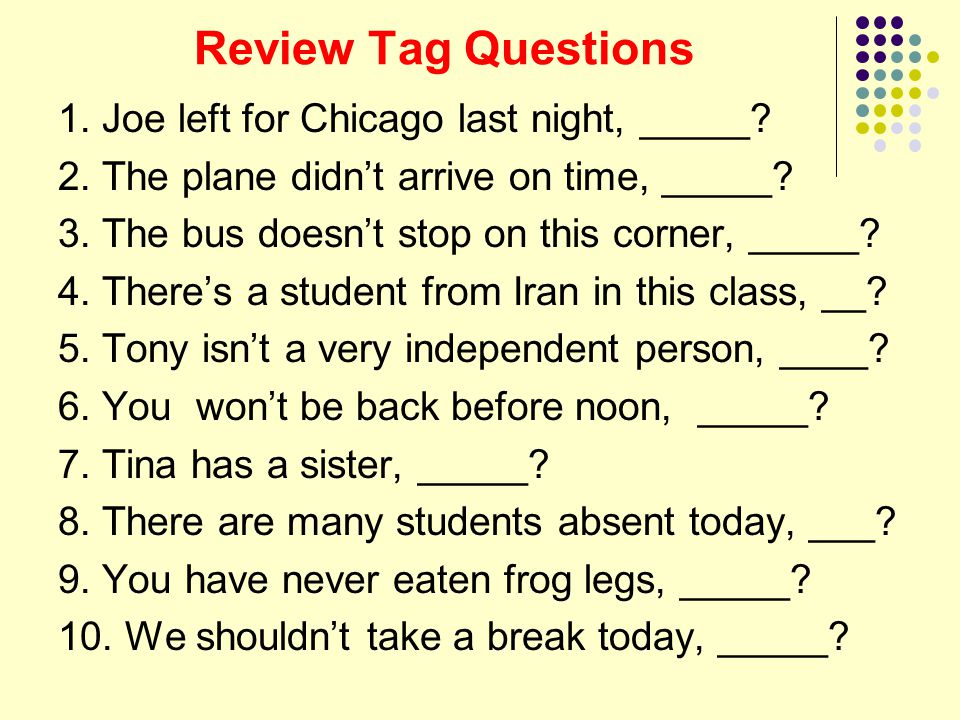
For example, forgetfulness in housework, while doing errands; for older teenagers and adults - they forget to return calls, pay bills, come to a meeting or appointment (to a doctor, for example).
Yes
No
12
Often easily distracted by extraneous stimuli. For older teenagers and adults, this includes thoughts that are inappropriate for the time / place.
Yes
No
13
Often loses things needed for lessons or classes.
For example, notebooks, textbooks, pencils, books, tools, keys, paper forms, glasses, mobile phones.
Yes
No
14
Often avoids, dislikes, or reluctantly takes on things that require sustained mental effort.
For example, school assignments or school homework, for older teens and adults - preparing reports, filling out forms, studying long texts.
Yes
No
15
Often has difficulty organizing lessons and classes.
For example, trouble moving from one task in a chain to another, difficulty keeping materials and personal belongings in order, sloppy disorganized work, poor time management, failing to complete work on time.
Yes
No
16
Often does not follow instructions to the end and does not complete class work, chores, or duties in the workplace.
For example, starts work, but quickly loses focus and easily wanders off topic.
Yes
No
17
Often it seems that he does not listen to the speech addressed to him.
For example, his mind wanders somewhere else, even if there is no obvious distraction.
Yes
No
18
Often has difficulty maintaining attention when performing tasks or during games.
For example, has difficulty maintaining focus in lectures, during conversations, during long readings.
Yes
No
ADHD symptom test
The ADHD test includes many different symptoms that in one way or another indicate the presence of this mental disorder. However, the severity of the disease and its symptoms can vary greatly.
This test incorporates the results of previous studies to ensure the validity and reliability of results for the detection of symptoms of attention deficit hyperactivity disorder.
Do you have symptoms of ADHD? For each following statement, indicate how much you agree with it.
The ADHD Test (IDR-ADHDST) is owned by IDRlabs. It builds on the work of Dr. Lenard Adler and colleagues who created the ADHD Questionnaire (ASRS). This test is not affiliated with any particular researcher or organization in the field of psychopathology.
The ADHD symptom test is based on material that has been published in the following sources: Kessler RC, Adler L, Ames M, Demler O, Faraone S, Hiripi E, Howes MJ, Jin R, Secnik K, Spencer T, Ustun TB , Walters EE.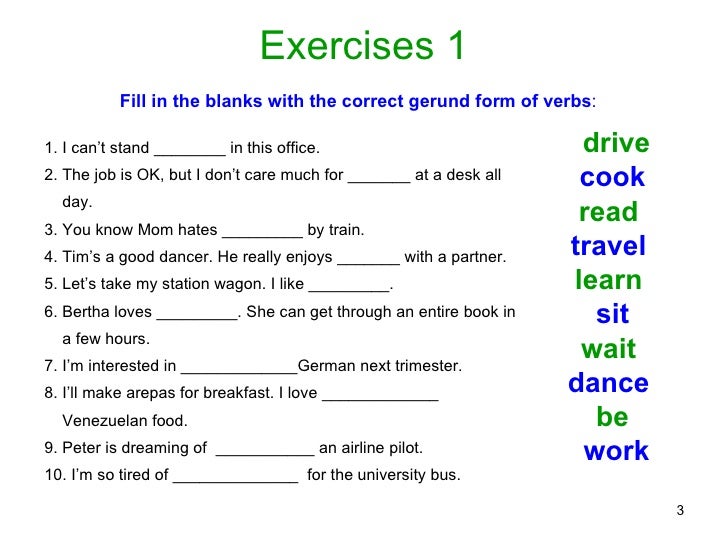 The World Health Organization Adult ADHD Self-Report Scale (ASRS): a short screening scale for use in the general population. Psychol Med. 2005 Feb;35(2):245-56. doi:10.1017/s0033291704002892. PMID: 15841682; Adler LA, Spencer T, Faraone SV, Kessler RC, Howes MJ, Biederman J, Secnik K. Validity of pilot Adult ADHD Self-Report Scale (ASRS) to Rate Adult ADHD symptoms. Ann Clin Psychiatry. 2006 Jul-Sep;18(3):145-8. doi: 10.1080/10401230600801077. PMID: 16923651; Adler, L., Faraone, S., Sarocco, P., Atkins, N., Khachatryan, A. (2018). Establishing US norms for the adult ADHD self-report scale and characterizing symptom burden among adults with self-reported ADHD. The International Journal of Clinical Practice.
The World Health Organization Adult ADHD Self-Report Scale (ASRS): a short screening scale for use in the general population. Psychol Med. 2005 Feb;35(2):245-56. doi:10.1017/s0033291704002892. PMID: 15841682; Adler LA, Spencer T, Faraone SV, Kessler RC, Howes MJ, Biederman J, Secnik K. Validity of pilot Adult ADHD Self-Report Scale (ASRS) to Rate Adult ADHD symptoms. Ann Clin Psychiatry. 2006 Jul-Sep;18(3):145-8. doi: 10.1080/10401230600801077. PMID: 16923651; Adler, L., Faraone, S., Sarocco, P., Atkins, N., Khachatryan, A. (2018). Establishing US norms for the adult ADHD self-report scale and characterizing symptom burden among adults with self-reported ADHD. The International Journal of Clinical Practice.
The work of Dr. Adler and colleagues looks at the main symptoms of ADHD. This work also describes certain diagnostic criteria that are intended for clinical use by trained mental health professionals. This test provides information for educational purposes only. IDRlabs and this test are in no way associated with the above researchers, organizations or institutions.
